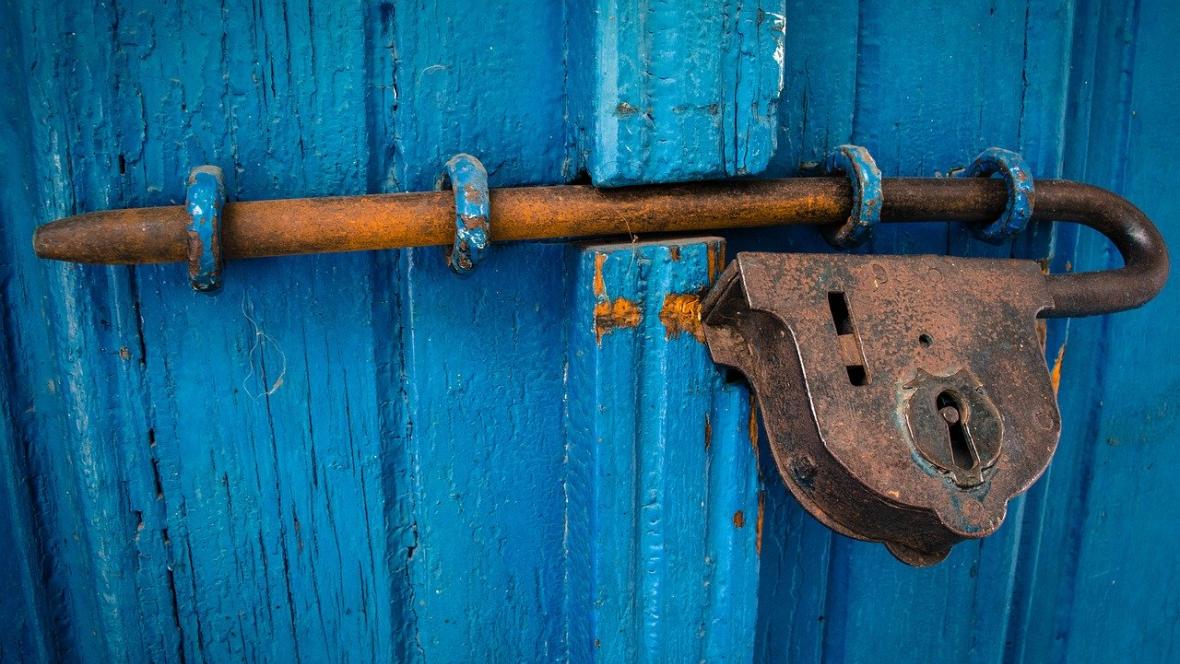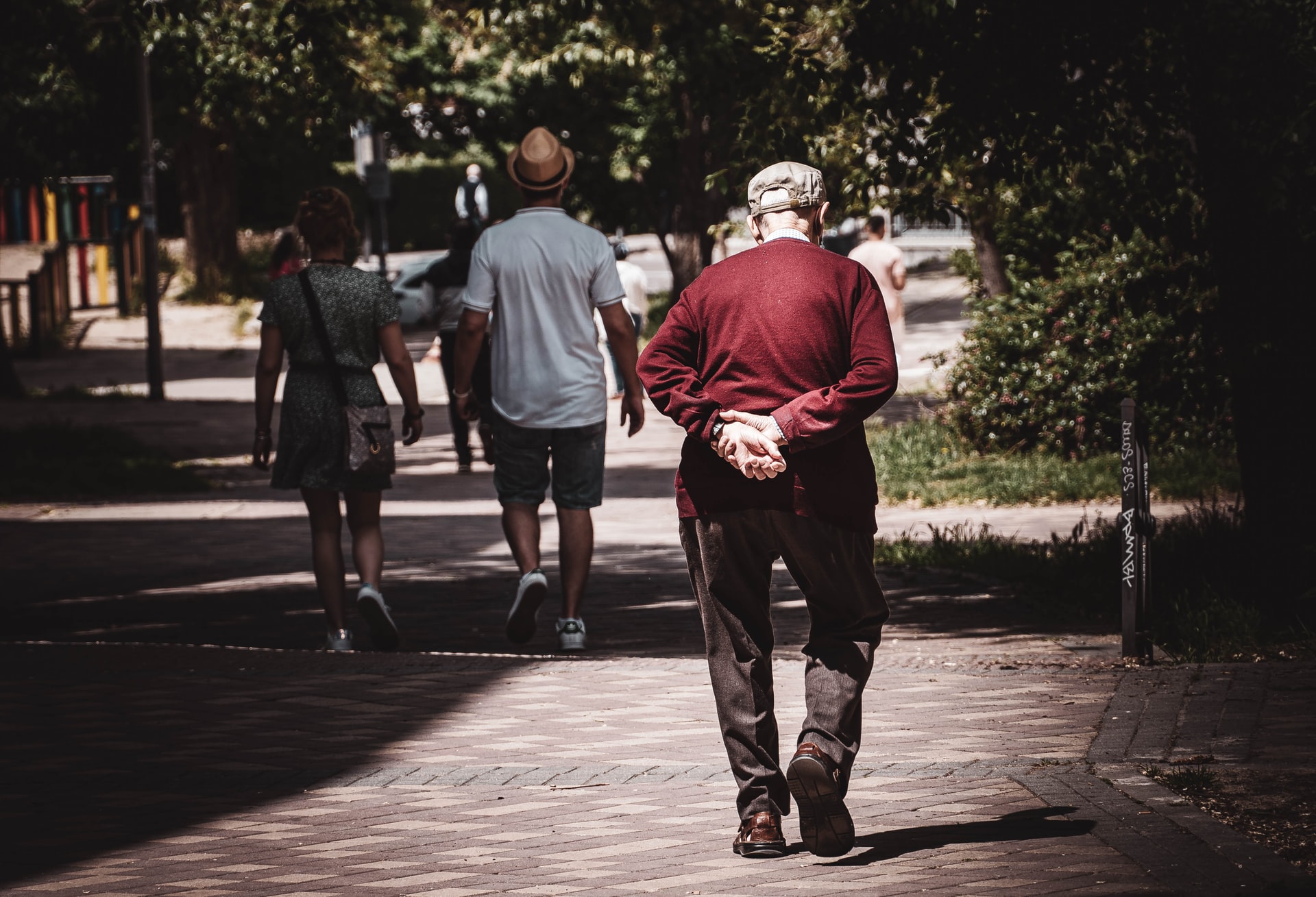
The Silver Economy was an opportunity, now it's an emergency. We know that Spain is ageing and some of us have been advocating for a long time that there is a great opportunity for economic growth, precisely because of this.
Life expectancy is an indication of this. We are the second country in the world with the greatest hope, behind Japan, although we will overtake Japan in 2040. Spanish women live 86 years, while men live 81, although 82 is the average life expectancy in general terms. At this precise moment, according to the latest data, the COVID-19 has caused a reduction of 9 months in life expectancy in Spain, more than that of the Italians (6 months less).
In addition, other important figures indicate that we are moving towards a Spain in which the ageing population will be particularly dominant. It is significant that:
- We are facing a reality where one in four voters are retired.
- In 2033, there will be 25% of people over 65 in Spain. In 2050, it will be 30% and there will be 6 retirees for every 10 active workers, reaching four million octogenarians.
- In Spain, there are currently 11,248 people over the age of 100, a figure that will rise to over 45,000 by 2033.
- The number of people over 65 living alone is now over 2 million and 1 in 3 Spaniards living alone is a woman aged 65 or over. Older Spain is more feminine.
The health and economic crisis shows that now the economy that works for and by the elderly is an emergency and has a hard work. For the pandemic has revealed:
- The fragility of the system for/with the elderly.
- That the loneliness of our elders is accentuated and there is a need to alleviate it as soon as possible for their well-being. Let us remember that more than 850,000 people over the age of 80 live alone.
- The immorality of leaving the elderly to die, since the authorities have prioritized the provision of protective health material to hospital staff and security and emergency services over residential care staff. And they have done so in the knowledge that the latter were working and living with elderly people with a very high level of infection. No pain. No malice aforethought, no guilt, but it has been so.
- Healthcare breaks seams.
Ministry of the Elderly: A necessary challenge
In this context, I consider necessary and defend the creation of a ministry of the major for the development of an integral gerontological system that:
- Have a sufficient team of professionals, trained and equipped with all relevant safety measures. A team that is listened to in an institutional way and that works under a ratio of personnel, training and remuneration.
- Be coordinated with healthcare and allow interoperability, bet and implement non-ageing protocols, make use of big data and blockchain and work on gerontology and geriatrics solutions.
- Work in the empty Spain, equip it and promote its development and adaptation.
- Fight urgently against loneliness with remote assistance, technology and telemedicine solutions. The future is in the so-called Age Techs.
- Check the residential model. The COVID-19 is causing discredit and destabilization in the elderly and dependent centres in Europe, where it is estimated that it has left more than half of the deaths recorded so far (70% of the total number of deaths due to coronavirus). A reputational crisis is not in anyone's interest.
Medicalization, promotion of cooperatives of professionals, standardization of processes, definition of good practices... A white paper that determines intergenerationality, architecture and models of care focused on this type of people is required.
A commitment to new practices is also needed, such as cohousing, housing with services or intergenerational programmes. There are very interesting residential models abroad (United Kingdom, Belgium, Sweden, Holland...), which will have to be adapted to the climate, context, culture, lifestyles and ways of living in Spain. In the Nordic countries, for example, there is a commitment to models closer to the idea of home, with more public investment. In contrast, the Spanish residential model, with many centres housing more than 100 people and very institutional designs, is more similar to the French or Italian model. This will certainly be reviewed throughout Europe.
- Work on an inclusive and sustainable urban strategy, at all levels, for our elderly.
- Have standardized protocols and relevant reassuring inspections. At present, even if the companies had been sanctioned, they are re-tendering and being granted permits.
In short, an entity that works for the professionalization of care. It is now an emergency. We will talk about pensions another day.


